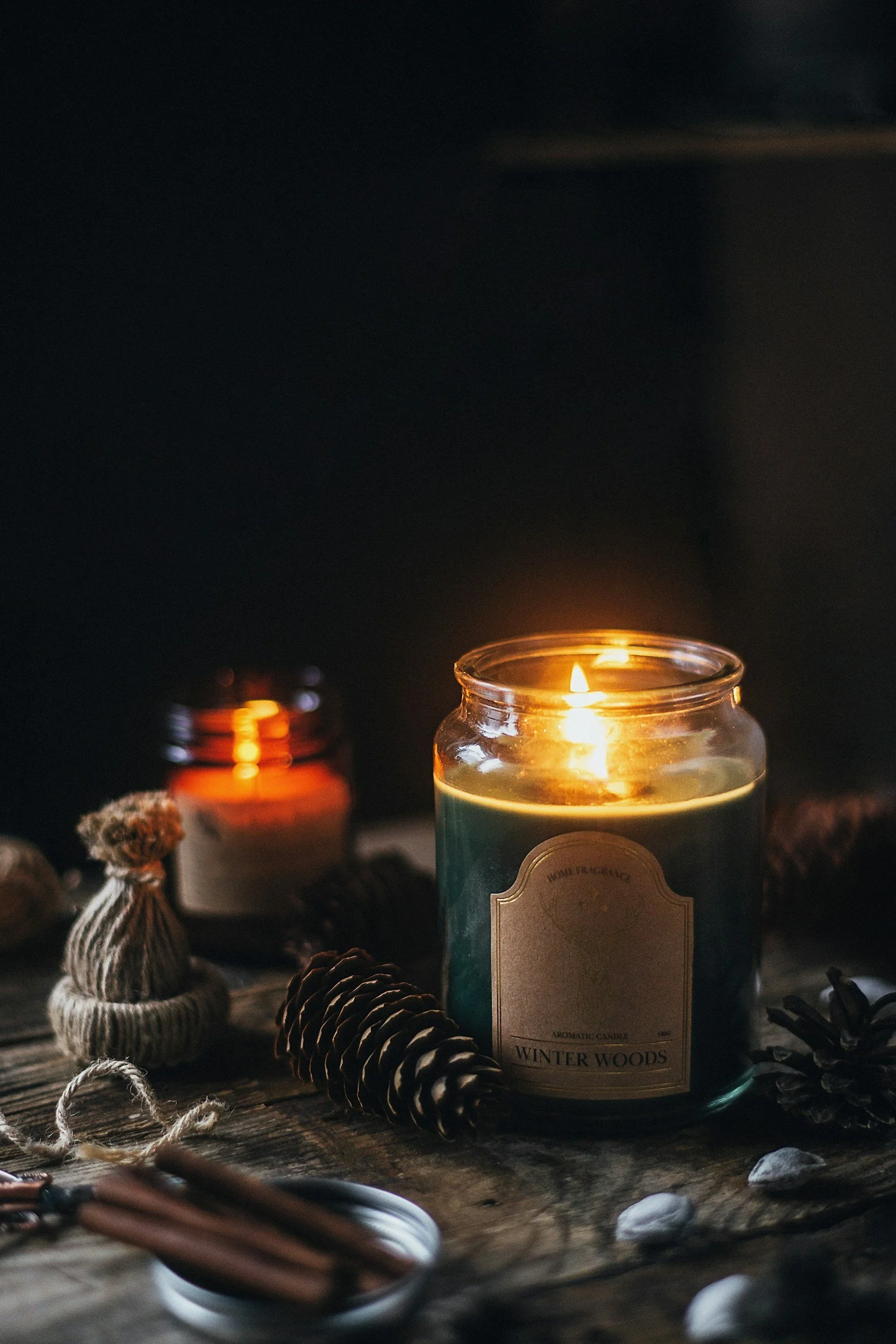
Relationship and Attachment Therapy
Navigating Attachment: The Fear of Getting Too Close
It’s that push and pull—you crave closeness, yet when someone gets too near, it feels uncomfortable. Or maybe you hold on tightly, fearing that if you let go, you’ll lose them entirely. Attachment wounds often disguise themselves as independence, people-pleasing, or emotional overthinking. But underneath, they stem from a longing for connection that feels both deeply wanted and deeply unsafe. Let’s talk about it.
Attachment challenges aren’t always easy to recognize. They can look like:
Difficulty trusting others
Pulling away when relationships start to feel serious
Fear of abandonment or rejection
Sacrificing your own needs to keep the peace
Falling for emotionally unavailable partners
Losing your sense of self in relationships
Feeling lonely, even when you’re not alone
When Protection Turns Into Distance
Living with attachment wounds can feel like you’re caught between wanting love and fearing it. You may struggle to open up, expecting disappointment or rejection, so you keep people at arm’s length—or overextend yourself trying to earn connection. These protective patterns once kept you safe, but now they leave you isolated, misunderstood, or longing for deeper intimacy you can’t quite reach.
You’re Not Defined by Your Past Connections
At Anne Giles Counseling, we understand how attachment wounds can quietly shape your relationships and sense of belonging. Through Internal Family Systems (IFS), somatic work, and EMDR, we’ll explore the origins of these patterns, helping you develop trust, emotional safety, and healthy boundaries. Together, we’ll build the foundation for secure, fulfilling relationships—starting with the one you have with yourself.
Because you were never meant to chase love or hide from it. You were meant to feel safe in it.
Interested in attachment therapy? Send me a message!
The Lasting Impact of Attachment Wounds in Our Lives
Imagine attachment wounds as an invisible thread—tugging gently at every relationship you form. They shape how close you allow others to get, how much you trust, and how safe you feel when loved. These patterns often begin early in life, rooted in the moments you learned whether connection felt secure or uncertain. What once protected you from hurt may now keep you from the closeness you long for.
Attachment wounds can make it hard to build healthy relationships or walk away from unhealthy ones. Trust may feel risky, so you pull back or overextend yourself trying to hold things together. You might find yourself chasing unavailable partners or losing your sense of self in the process.
You might notice it in your relationships and emotions:
Difficulty trusting others
Fear of abandonment or rejection
Struggling to open up emotionally
Sacrificing your own needs to avoid conflict
Feeling lonely or disconnected, even in relationships
Difficulty moving on from the past
While attachment wounds can feel deeply ingrained, they don’t have to define how you love or connect. Therapy offers a compassionate space to explore these patterns, understand where they come from, and learn new ways of relating—with yourself and others.
Through this work, you can develop secure, fulfilling connections built on trust, authenticity, and emotional safety. Healing doesn’t mean forgetting your past—it means no longer being ruled by it.
Our Comprehensive Approach to Attachment and Relationship Therapy
At Anne Giles Counseling, we understand how attachment wounds can quietly influence your relationships—making it difficult to trust, communicate openly, or feel secure with others. You might find yourself clinging tightly for fear of losing someone or pulling away to avoid getting hurt. These patterns often begin as protective strategies but can leave you feeling disconnected, misunderstood, or unfulfilled.
Through Internal Family Systems (IFS), EMDR, and somatic work, we address both the emotional and physiological roots of attachment wounds. These approaches help you explore past experiences, regulate the body’s responses to closeness and vulnerability, and develop a deeper sense of safety within yourself and your relationships.
Our goal isn’t just to improve your relationships—it’s to help you build secure, lasting connections grounded in trust and authenticity. Healing early attachment wounds allows you to show up fully, communicate with clarity, and love without fear. You are not bound by your past—you’re capable of creating the kind of connection you’ve always deserved.
Frequently Asked Questions About Relationships and Attachment Treatment
-
Attachment wounds develop when our early experiences with caregivers—or later relationships—leave us feeling unsafe, unseen, or unworthy of love. These experiences shape how we connect, trust, and respond to intimacy. Over time, they can create patterns of avoidance, over-dependence, or fear of rejection. Therapy helps you understand these patterns with compassion and begin to form more secure, balanced connections.
-
Your attachment style influences how you give and receive love, handle conflict, and manage emotional closeness. For example, avoidant patterns might make you pull away when things get too intimate, while anxious patterns may make you seek constant reassurance. In therapy, we identify your attachment tendencies and explore how to build emotional safety and trust—both with yourself and others.
-
Many people find themselves repeating familiar relationship dynamics without realizing it. Often, we unconsciously seek what feels familiar—even if it’s not healthy—because it mirrors early attachment experiences. Therapy helps you recognize these patterns, understand the unmet needs beneath them, and learn new ways of relating that support mutual respect, emotional intimacy, and fulfillment.
-
Therapy provides a safe space to explore your relationship patterns without judgment. Together, we’ll uncover where those patterns began, understand your emotional needs, and strengthen your capacity for healthy communication and intimacy. As you heal, you’ll naturally begin to create relationships that feel more mutual, fulfilling, and grounded in trust—starting with the relationship you build with yourself.

Rebuild Connection — And Learn to Feel Safe in Love
If relationship struggles or attachment wounds have been keeping you stuck in patterns of disconnection, therapy with Anne Giles Counseling can help you create the secure, fulfilling relationships you deserve. Whether you choose in-person sessions in Boulder, CO, or online therapy from the comfort of home, healing and deeper connection are within reach.
You can schedule a free 15-minute consultation or reach out directly through the Anne Giles Counseling website to begin your journey toward trust, emotional safety, and authentic connection.
Blogs
Relationship and Attachment Therapy Boulder, CO
1650 38th Street Suite 100, Boulder, CO 80301






